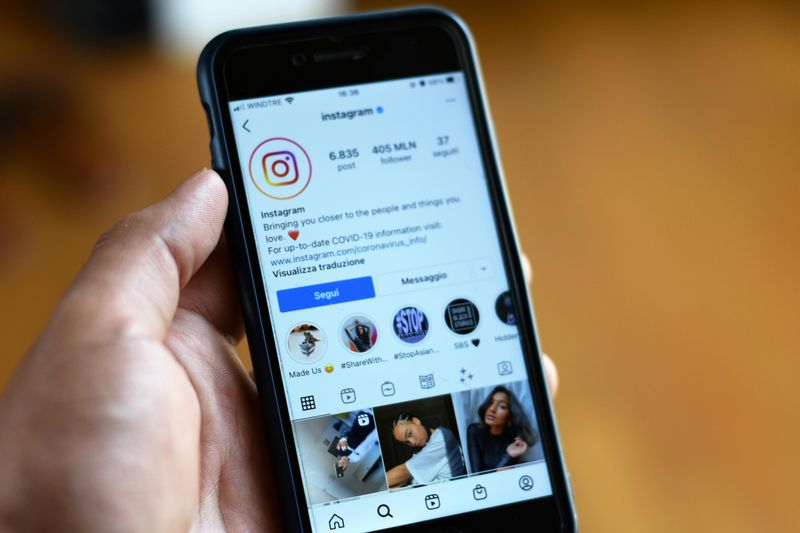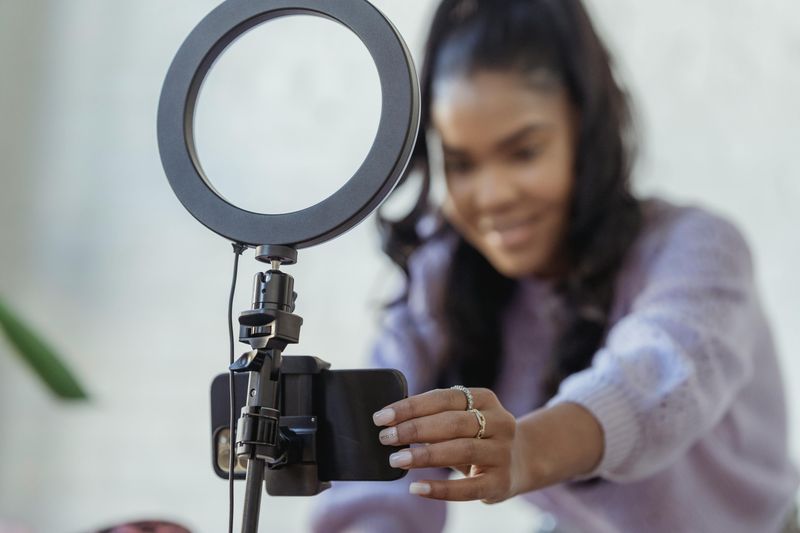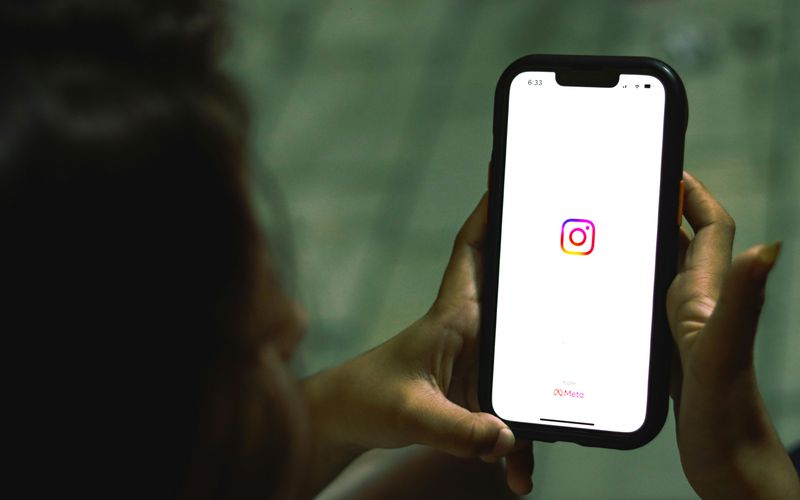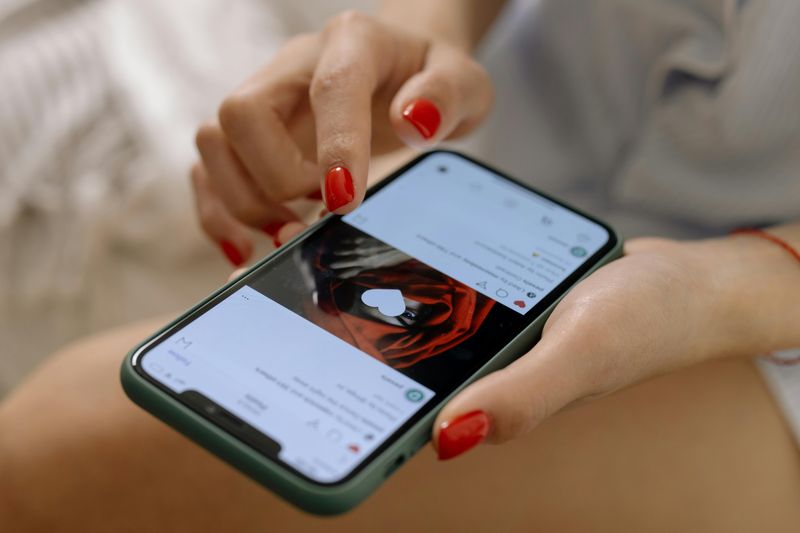Social media has become a huge part of our daily lives, but it’s not always good for how we feel about ourselves. What starts as a fun way to connect with friends can quickly turn into something that makes us doubt our worth. Understanding these harmful patterns is the first step to having a healthier relationship with social media and protecting your self-esteem.
1. The Comparison Trap
Scrolling through perfectly filtered vacation photos while you’re stuck in your bedroom can make anyone feel like their life is boring. Your brain starts thinking everyone else is having more fun, looking better, and achieving more than you.
This constant comparison is like poison for your self-esteem. What’s worse, you’re comparing your behind-the-scenes to everyone else’s highlight reel.
Remember that people rarely post about their struggles, arguments, or ordinary moments. Breaking free means consciously reminding yourself that social media shows a tiny, edited slice of reality – not the whole truth about anyone’s life.
2. Validation Hunting
Posting something new becomes an anxiety-filled waiting game. Will people like it? How many comments will you get? You find yourself checking your phone every few minutes after posting, hunting for notifications.
Your mood starts depending on these digital reactions. A post with few likes can ruin your whole day, while lots of engagement gives you a temporary high.
This addiction to external validation weakens your ability to feel good about yourself without others’ approval. Breaking this cycle means learning to appreciate your experiences for their actual value, not for how many hearts they collect online.
3. The Perfection Illusion
Flawless skin, spotless homes, and picture-perfect families flood your feed daily. These images create an impossible standard that nobody – not even the people posting them – can actually live up to.
Behind every perfect post are dozens of deleted takes, careful editing, and strategic angles. Yet your brain registers these images as reality.
Over time, you start feeling like you should look perfect, have a magazine-worthy home, and never struggle with anything. This unrealistic standard creates a gap between your real life and what you think life should be, leaving you feeling perpetually inadequate no matter what you achieve.
4. FOMO Fever
Fear Of Missing Out hits hard when your friends post about parties you weren’t invited to or experiences you can’t have. That sinking feeling in your stomach is FOMO, and it can seriously damage how you view your own life.
Social media amplifies this by constantly showing you what everyone else is doing. Even when you’re having a perfectly good time, seeing others’ posts can make you question your choices.
This creates a cycle where you’re never fully present or satisfied with your own experiences. Recognizing when FOMO is driving your feelings helps you refocus on appreciating what’s actually happening in your life right now.
5. Follower Fixation
Watching your follower count becomes an obsession. You notice when someone unfollows you and wonder what you did wrong. The number of people following you starts to feel like a score that measures your worth as a person.
This numbers game creates a harmful mindset where quantity matters more than quality. You might even change how you act or what you post just to keep followers.
Real connections don’t work this way. Having thousands of followers doesn’t guarantee meaningful relationships, while having just a few people who truly care about you is actually what matters for your wellbeing. Your value has nothing to do with how many accounts follow you.
6. Toxic Positivity Overload
“Good vibes only!” “Just be positive!” These seemingly uplifting messages actually create pressure to hide negative emotions. When your feed is full of forced positivity, you might feel like something’s wrong with you for having normal human feelings like sadness or anger.
This toxic positivity makes it harder to process difficult emotions in healthy ways. Instead, you might push them down and pretend to be fine.
Authentic wellbeing includes acknowledging all emotions, not just the pleasant ones. Remember that people posting constant positivity are likely experiencing their own struggles too – they’re just not sharing that part of their reality.
7. Highlight Reel Syndrome
Everyone becomes a carefully curated character online. You only share your achievements, best angles, and happiest moments – and so does everyone else. This creates an artificial world where nobody seems to struggle.
The pressure to maintain this perfect image is exhausting. You start feeling like you can’t be honest about your struggles because nobody else appears to have any.
This disconnect between your real life and your online persona creates internal conflict. Authentic self-esteem comes from accepting your whole self – including imperfections and struggles. Breaking free means allowing yourself to be more genuine online or taking breaks when the pressure to perform becomes too much.
8. Comment Section Warfare
Harsh comments, arguments, and online pile-ons can shake your confidence, especially when directed at you. Even witnessing others being attacked can make you anxious about sharing your own thoughts.
The anonymity of social media brings out cruelty that people wouldn’t show in person. A single mean comment can outweigh dozens of positive ones in your mind.
This hostile environment trains you to expect judgment and criticism, making you second-guess yourself both online and offline. Setting boundaries around comment sections – including limiting who can comment on your posts or taking breaks from platforms where negativity thrives – protects your mental wellbeing.
9. Algorithm Addiction
The endless scroll keeps you hooked for hours, disrupting sleep and stealing time from real-life activities. Social media platforms are designed to be addictive, using psychological tricks to keep you engaged.
This constant consumption affects how your brain works. You develop shorter attention spans and become uncomfortable with quiet moments.
The more time you spend scrolling, the less time you have for activities that actually build genuine self-esteem – like developing skills, nurturing relationships, or pursuing meaningful goals. Setting time limits, turning off notifications, or having phone-free times of day helps break this addictive cycle.









